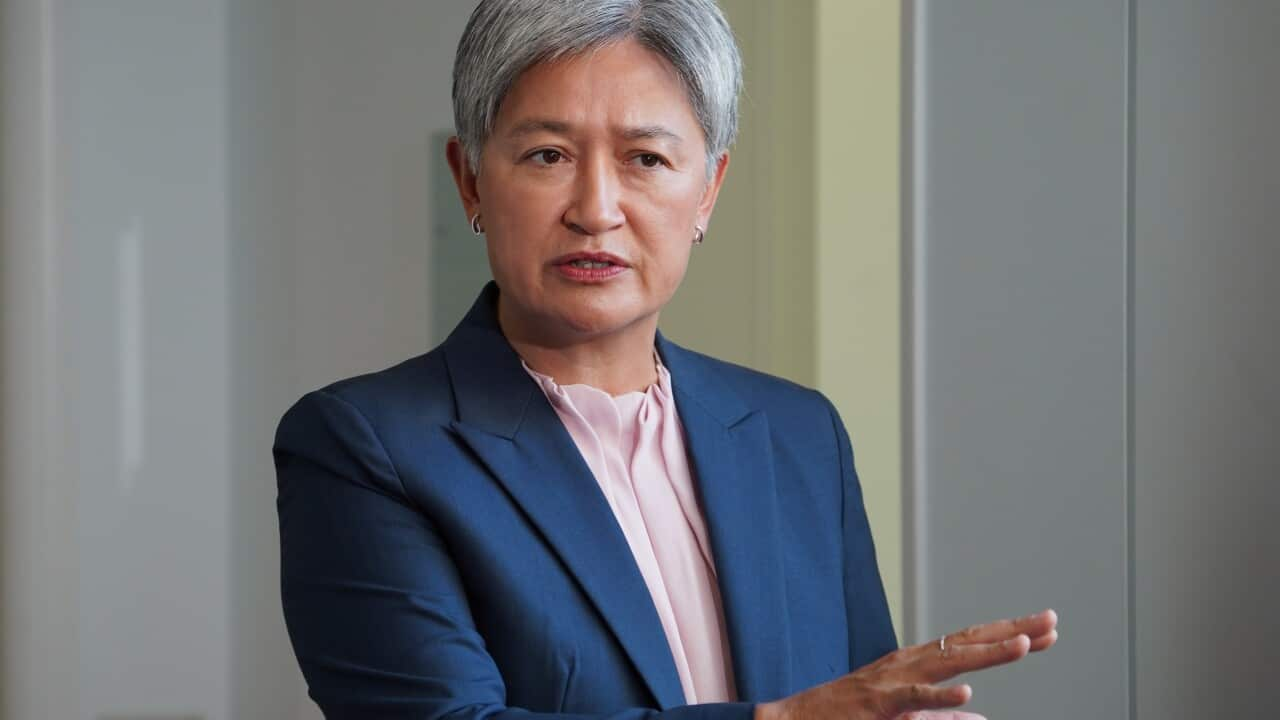TRANSCRIPT
More than 130,000 migrants have entered Italy so far this year - almost double the same time last year.
Many will end up on the Riviera dei Fiori, hoping it will be their last stop before reaching France: a country which does not want them.
Every morning, hundreds wait outside the Ventimiglia aid centre.
While it’s mostly young men, there are also families and children.
They’re offered a hot meal before they head off.
Many attempt to cross the border each day.
Amer is from Sudan.
He arrived in Italy 16 days ago.
"Yes, I am afraid of the journey. It is a difficult journey. But we keep trying and failing until we succeed, inshallah.”
The route most often attempted rattles right by them.
Commuter trains depart Ventimiglia for France every few minutes.
Koulibaly is waiting in the station, ready to jump on board at the last possible moment.
Two weeks earlier, the 18-year-old from Mali was one of thousands of migrants to arrive on the Italian island of Lampedusa.
Now he’s preparing for what he hopes will be the final leg of his journey.
“The trip to the Mediterranean is hell. It's complicated, very complicated. We had a lot, a lot, a lot I had a lot of difficulties on the road. We passed through Mali, Algeria, Tunisia. The mafia took us, we were repressed, they tried to make us return.”
Given what he’s experienced already, he’s not that worried about European police.
Italian officers do little to prevent migrants leaving.
But when the trains stop at the first station across the border, French police immediately board and ask for identity papers.
SBS saw four migrants detained on a single train.
Most are processed before being sent back to Italy.
This happens dozens of times a day.
Others, like Amer, will try to walk along the train tracks, despite the risks.
“We tried to cross four times but the French government sent us back. If you are young, they let you in but if you are older, they will send you back, they will not let you enter France.”
Some migrants will attempt to use a cross-border track once used by smugglers.
Locals call it the ‘pass of death’ as it goes up and down a steep mountain.
The path is littered with items discarded by those who’ve walked it.
Refugee charities believe 47 migrants have died in the region since France first suspended parts of the Schengen free movement rules eight years ago.
Jacopo Colomba is a volunteer with aid organisation We World.
“French police are harsh when it comes to pushing back people, we have witnessed a lot of illegal practices and bad manners I would say, but this will not stop people from trying… this is what we witness every day.”
The French border policy has been criticised by the European Court of Justice.
Judges said there’s a formal procedure to expel an ‘irregular migrant’ and that pushbacks should only be used as a last resort.
Ventimiglia’s mayor, Flavio Di Muro agrees; he’s from the hard-right Lega party.
“In my opinion, it is not fair. These immigrants are mostly French-speaking. Many have families in France and have the opportunity to integrate in France rather than in Italy. The mayor's job is public order, security. The migratory phenomenon unfortunately is not about integration - it involves brawls, crime, alcoholism and degradation, illegality.”
Residents SBS spoke to had sympathy for the plight of migrants but felt it was not fair their small city should bear the burden of caring for them.
Male 1: “There are too many of them, too many. Ventimiglia is small and when they arrive in France they throw them out, they don’t want them.”
Male 2: “They should just let people through, because these people come from the old French or English colonies, so they want to go there. To be reunited with their families and their relatives.”
Some will make it across; the border is too long to police in its entirety.
But they will quickly be replaced by others arriving in Ventimiglia - the waiting room for the rest of Europe.





